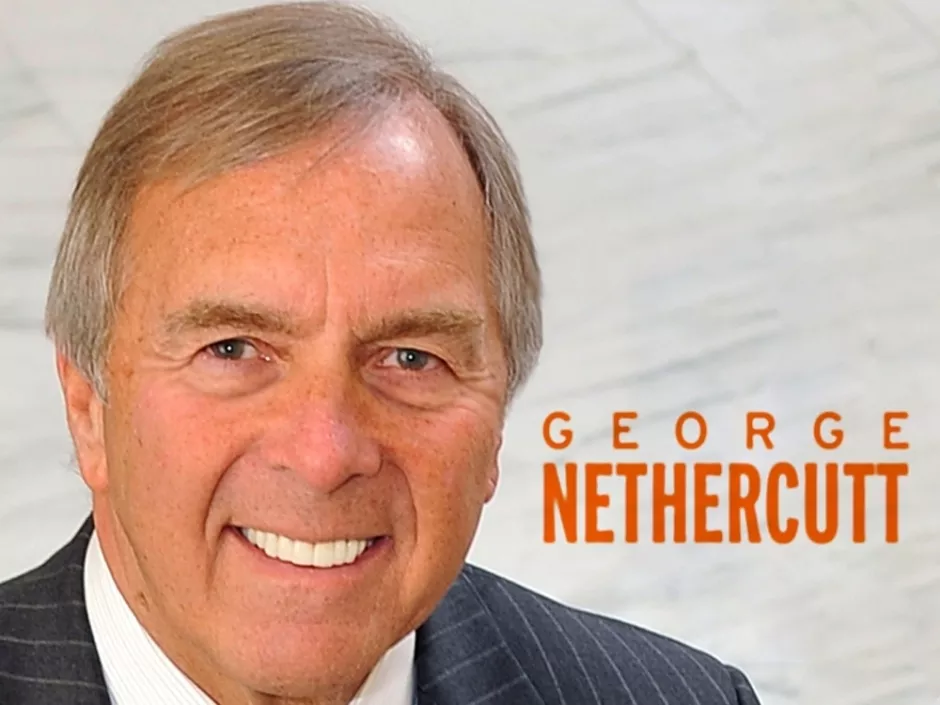A Washington Post political columnist recently asked the rhetorical question, “What if the 2012 Republican presidential field is set?” The question is legitimate, but inconclusive — the field is likely not set. If a new candidate for president of our great nation emerges to cite the weak Obama record and urges reform of a complicated and expensive Obamacare law still largely opposed by the public, there’s hope for a steady emergence from the deep valley that the United States has suffered at the unsteady hand of Barack Obama, notwithstanding the recent Osama bin Laden success.
The fortunes of prominent Republicans have ebbed and flowed during the last year. Sarah Palin caught fire, but now sits coolly, counting her cash. Glenn Beck has lost his national platform through his own intemperate utterances. Donald Trump was, is and always will be about Donald Trump, not about Republican or serious national politics. Pawlenty is in, Gingrich is in, Romney is probably in, Huckabee may be in, Barbour was nearly in, Huntsman is toying with being in, Bachmann thinks she deserves to be in and loves the thought of others thinking she should be in, Ron Paul is exploring being in, and successful Governors Christie or Daniels ought to be in.
And all the while, Obama is in but kids himself about whether he deserves to be in — he actually thinks he’s performed well enough over the last two years to deserve reelection.
But look where our country finds itself: unemployment still well over 8 percent, brave soldiers still diligently fighting two expensive wars, gas prices exceeding $4 per gallon in most cities, food prices and inflation on the rise, real estate values still stagnant, Medicare and Medicaid still going broke, national debt at a staggering $14 trillion and rising, Congress and the president fighting over $39 billion in budget cuts while we face well over a trillion in deficits — for 2011 alone.
Obama comes late to call for democratic regime changes in Egypt, Syria, Iran and Libya ... and does little to support them, except talk. Israel will likely go it alone without Obama’s help to support Middle East democracy. The General Motors taxpayer bailout has been mostly unsuccessful (no-bailout Ford excels). Obama gives special treatment to unions when the rest of the nation sees the inequity of doing so in today’s sobering economic times. And Obama clings to the idea of raising taxes in an economic recession, citing a tired “rich vs. poor” argument that he just cannot transcend.
With the U.S. Supreme Court poised to accept as many as two new justices between 2012 and 2016, the next president will have authority to chart for a generation the court’s likely trajectory on policy matters. That’s not a development voters should take lightly, considering the Obama record of the past two years on legal matters that could come before the court. Republicans would do well to remind voters of the president’s appointment power, even if it’s potentially tempered by U.S. Senate authority to “advise and consent.”
For a man who now talks freely about frugality in a government that’s inconsistent with his proposed budgets, Obama’s push for reelection may set records — for profligacy. This “populist” president intends to collect so much money in pursuit of another four years of presidential ambiguity in office that no challenger will be able to compete. Next year may set records for obscene reelection spending by Obama’s campaign in the shadow of a drifting U.S., a sinking dollar and a Fed out of economic options. Many Americans hold the romantic notion that money and power shouldn’t determine who wins elections — that may turn out to be an anti- Obama election principle.
So what is the eventual Republican presidential candidate to do under these difficult political circumstances? The ideal candidate should present voters with a substantive roadmap out of the mess the United States is in.
An April RealClearPolitics poll showed that a yawning 67 percent of Americans believed our nation is on the “wrong track.” The right track for America includes broadly lower tax rates to broadly stimulate business, including a corporate tax rate similar to that in countries overseas. Also, lower levels of government spending, with public officials treating taxpayer money as if it were their own and advocating policies that contemplate government existing to efficiently serve people, not the other way around. Bending the entitlement curve for younger Americans will assure that traditional entitlements can survive the current generation of recipients.
Revising Obamacare can be accomplished if the public learns enough about the consequences of keeping it in place. As President Obama himself once said, “After I sign it, we’ll see what’s in the new health care law.” No wonder Congress has low approval ratings after pushing through a law that was more than 2,000 pages long. That’s neither appropriate legislating nor proper handling of the most personal of public policies. Voters won’t be fooled by Obama’s election-year pleas to reduce spending now that his overspending has left America vulnerable to financial breakdown.
Frustrated voters can only pray that Republicans will produce a handful of high-quality candidates beyond the current field to contest President Obama in 2012. Surely there are more fine men or women who can emerge as accomplished, principled, well-spoken, experienced and sensible Americans, who feel called to the nation’s purpose at this critical time in history — to set America right again.





















